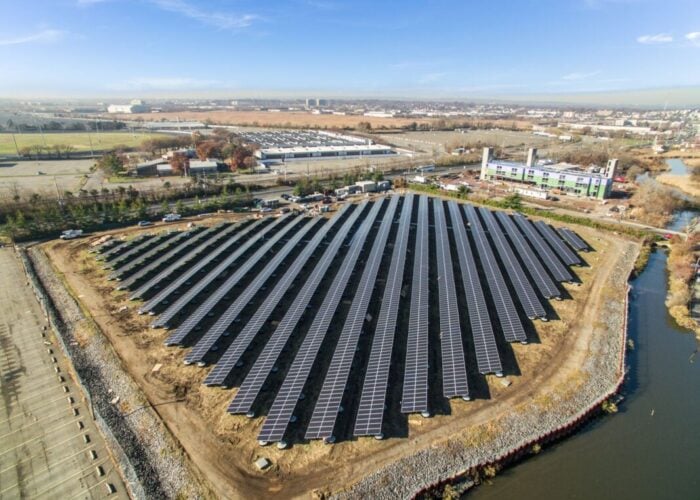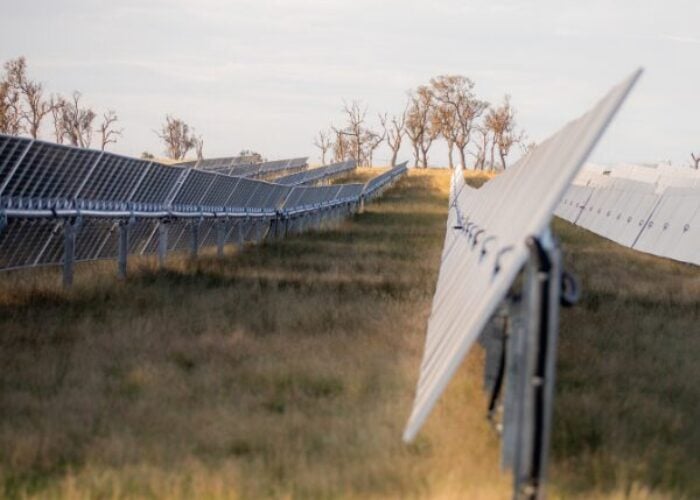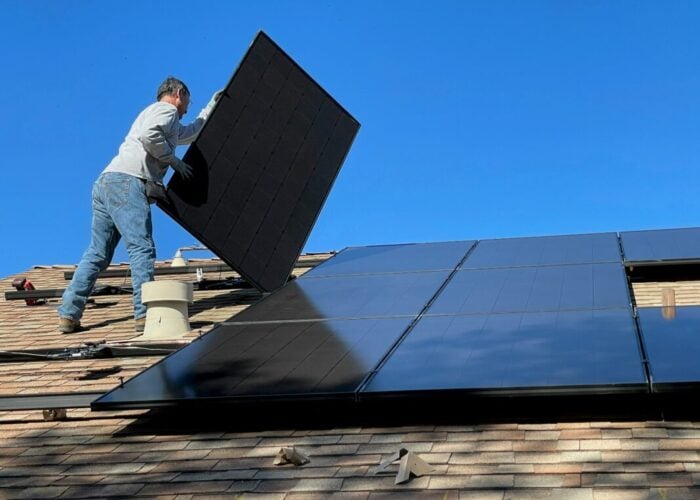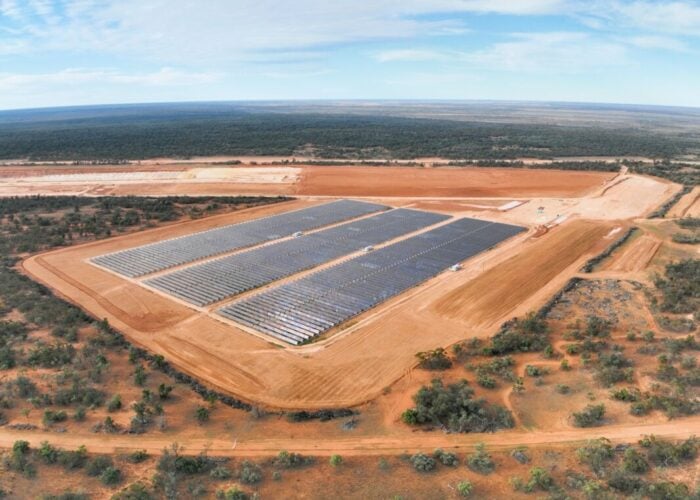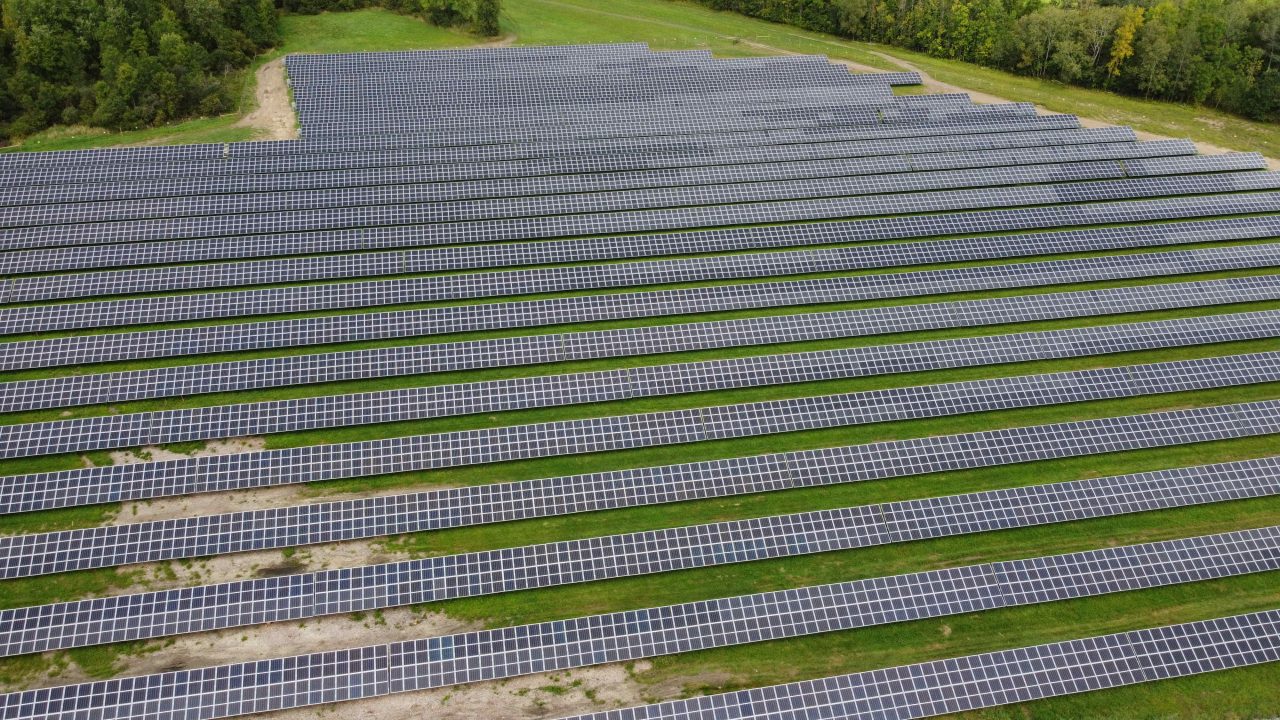
US solar company Distributed Solar Development has closed a US$300 million debt facility from Credit Suisse to develop a series of commercial, industrial and distributed generation projects.
DSD, which is backed by BlackRock Real Assets’ Global Renewable Power platform and GE Renewable Energy, expects to close “multiple financing deals” similar to the Credit Suisse loan by the end of winter. The funds will be channelled towards projects under development for the next two years.
Try Premium for just $1
- Full premium access for the first month at only $1
- Converts to an annual rate after 30 days unless cancelled
- Cancel anytime during the trial period
Premium Benefits
- Expert industry analysis and interviews
- Digital access to PV Tech Power journal
- Exclusive event discounts
Or get the full Premium subscription right away
Or continue reading this article for free
Erik Schiemann, chief executive of DSD, said the company’s project pipeline is “developed to the point where we can sustain two-year availability with a leading global financial institution”, which itself indicated the economic power of renewables enterprises this year.
Jamie Hutson, DSD’s director of structured finance, said the debt facility provides a “flexible back leverage solution” that will enable the company to focus on new projects.
“It provides the kind of flexibility an innovative developer requires and helps fulfil our vision for making distributed solar energy more widely available.”
The company has previously sought financial backing from Morgan Stanley, Silicon Valley Bank and Fifth Third Bank, which will be used to fund distributed generation projects developed last year. The Credit Suisse funds will be set aside for project developments between now and 2022. More recently, DSD acquired a two-project, 10MW community solar portfolio in Lenox, New York earlier this month.
US investors have started taking an interest in the distributed solar sector’s growth as installations stayed relatively steady despite the fallout from COVID-19 restrictions. Earlier this week Spartan, a special acquisition company (SPAC) backed by funds managed by an affiliate of Apollo Global Management, announced plans to combine with residential solar lender Sunlight Financial in a deal worth roughly US$1.3 billion. Early Facebook executive Chamath Palihapitiya was one of a handful of financiers who lead a US$250 million investment in the company through Private Investment in Public Equity (PIPE) at a price of US$10 per share. The PIPE gives the institutional investors a 19% share in the new entity.
US residential solar market bosses claim their revenues are already starting to recover from a turbulent 2020 as a result of COVID-19 restrictions. Matt Potere, the chief executive of Sunlight Financial, told panellists at a virtual webinar last October the loan provider’s third quarter sales growth was 50% higher in 2020 compared to the same period last year, rebounding from a Q2 hit by shelter-in-place orders.


